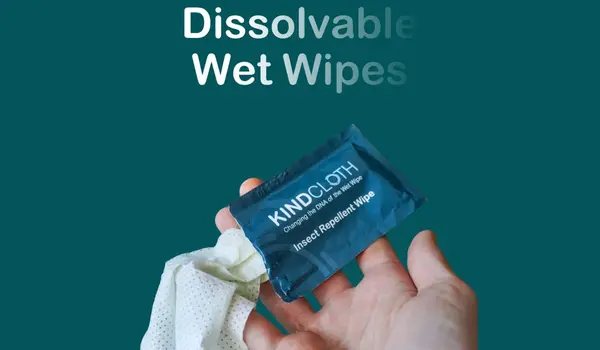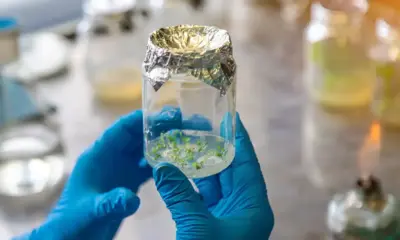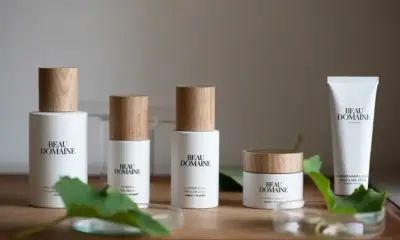Policy & Regulation
Aquapak Introduces Dissolvable Material for Eco-Friendly Wet Wipes

Dissolvable Wet-Wipes by Aquapak Offer Sustainable Hygiene Solution
Plastic-based hygiene products, like wet wipes and pads, create significant waste. A breakthrough solution now exists—Dissolvable Wet-Wipes by Aquapak offer an eco-friendly alternative.
These dissolvable wipes use Hydropol, a water-soluble, non-toxic polymer that fully dissolves in household wastewater systems. No microplastics remain after use.
Why the World Needs Dissolvable Alternatives
Traditional wet wipes and sanitary products often contain up to 90% plastic. They can take centuries to decompose, harming the planet.
Aquapak’s innovation eliminates plastic from hygiene products, directly targeting pollution and helping reduce sewer blockages and environmental damage.
Importantly, Dissolvable Wet-Wipes by Aquapak break down safely, without forming microplastics or contributing to fatbergs in urban wastewater systems.
Mark Lapping, Aquapak’s CEO, confirms, “This wipes out one of the biggest pollution problems facing consumers around the world today.”
How Hydropol Technology Works
Hydropol’s unique function lies in its total dissolution in water. Upon flushing, the fibers swell and then degrade completely.
Unlike traditional materials, these wipes avoid attracting fats, oils, or grease, which are the key culprits behind sewer fatbergs.
Aquapak collaborated with Innovatec Microfibre Technology and Kindcloth, which patented dissolvable wipe technology, to bring this concept to life.
Their partnership led to a new, single-step process for converting Hydropol pellets into soft, melt-blown nonwoven fabric.
Broader Impact Across Hygiene Sectors
Beyond wet wipes, Dissolvable Wet-Wipes by Aquapak extend into makeup removers, face masks, and even insect repellent wipes.
The company also teamed up with Planera to develop Fluus, a flushable sanitary pad coated with water-soluble Hydropol material.
All wipes are Kindcloth-certified, flushable, biodegradable in freshwater, and home compostable—making them a game-changer in sustainable hygiene.
UK Legislation Spurs Innovation
The UK recently banned wet wipes containing plastic, following research revealing 20 wipes per 100 meters of beach coastline.
This government move sparked new innovations to meet market demands without relying on conventional plastics in hygiene products.
According to Chiara Lai from Obelis, public support for plastic bans has been “overwhelming” and continues to drive eco-innovation.
Northern Ireland followed suit, submitting a proposal to the World Trade Organization to prohibit plastic-containing wipes as well.
Eco-Friendly Alternatives Emerge
Brands are answering the call. Amcor and Fedrigoni introduced recyclable wipe packaging designed for the polyethylene (PE) recycling stream.
UK brand Wype launched an eco-gel that transforms regular toilet paper into wet wipes, reducing waste and improving hygiene.
Consumer research revealed over 75% of users now recognize the environmental impact of so-called “flushable” toilet wipes.
Explore More
Discover more groundbreaking sustainability news like Dissolvable Wet-Wipes by Aquapak—explore more stories right here on this website today!





















